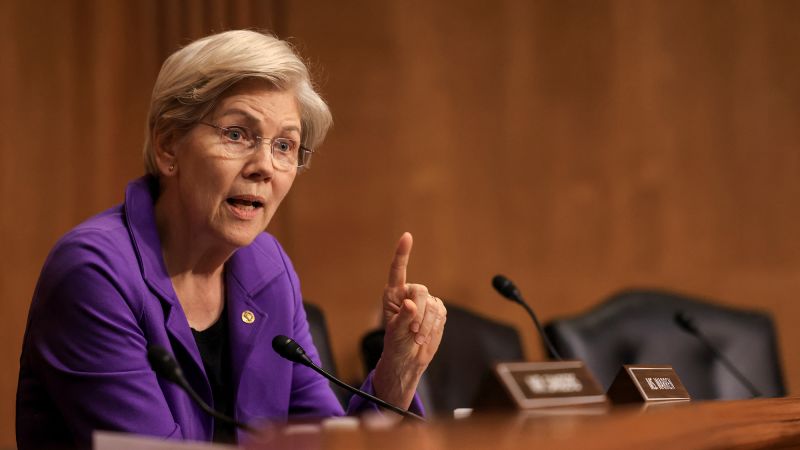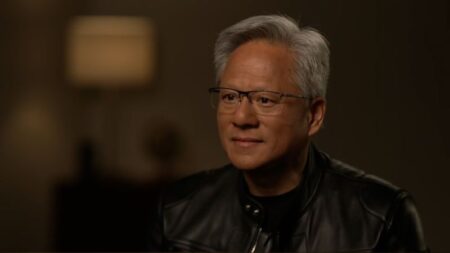The evolving landscape of investment options available within workplace retirement plans, particularly 401(k)s, has ignited a debate surrounding the inclusion of private equity. Traditionally, these plans have offered a limited array of options, primarily focusing on publicly traded stocks and bond funds. However, as private companies increasingly emerge as significant players in the investment market, the question arises: should private equity be incorporated into workplace retirement plans? This issue has gained traction as advocates seek to democratize access to these investment opportunities, despite concerns about their cost and transparency compared to publicly traded securities.
As the conversation unfolds, notable figures like Senator Elizabeth Warren have spoken out against the expansion into private markets. Warren, a prominent member of the Senate Banking Committee, expressed her concerns over the potential risks to employees’ retirement savings as institutions like Empower, a major workplace retirement plan provider, explore the possibility of adding private equity to their options. Recently, she addressed Empower directly, probing their intentions and safeguards associated with this new investment avenue.
In response to Warren’s inquiries, Empower articulated their rationale for wanting to offer private equity investments. CEO Ed Murphy drew parallels to the inception of 401(k) plans, arguing that they revolutionized access to the public markets. He posited that including private equity could similarly open doors to new investment possibilities, especially given the decreasing number of publicly traded companies and the growing capital directed towards private firms, which currently amount to an estimated $13 trillion in the global private equity market. This transformation in investment dynamics, Murphy argued, leads to fewer opportunities for average investors, especially those looking to invest in innovative sectors.
Murphy emphasized the importance of safeguards accompanying this new investment option. He clarified that Empower is not promoting unfettered access to private markets but rather proposing a structured and monitored approach. As part of their strategy, the company intends to hire experienced investment managers to advise on these private investments, ensuring that they align with participants’ financial objectives and risk profiles. This oversight underscores a recognition of the complexities and potential hazards associated with private market investing.
Additionally, Empower specified that only individuals with managed accounts would have access to private equity investments, emphasizing a tailored approach that considers the unique circumstances of each participant. The private investments offered would comprise a portion of a larger collective investment trust (CIT), which would also feature public securities. By adopting this model, Empower aims to balance the diversification of investment options while maintaining a manageable risk profile.
In her letter of response to Empower, Senator Warren affirmed her agreement with the overarching goal of expanding investment opportunities for all, regardless of financial standing. However, she raised critical concerns regarding the inherent risks associated with private market investments, questioning the firm’s plans to safeguard both plan participants and the wider financial system. Warren further challenged Empower to clarify the implications of providing retirees access to high-risk, costly private market investments, arguing that such options might benefit private equity firms more than the average investor.
Moreover, Warren highlighted the lack of transparency regarding Empower’s partnerships with private entities, their fee structures, and their incentives. These essential details are vital for understanding the broader impact of such investment decisions on retirement security. In a follow-up, she requested a prompt response to her specific inquiries, indicating the urgency of addressing these concerns within the framing of retirement plans.
As these discussions continue to evolve, the Office of the Investor Advocate at the Securities and Exchange Commission (SEC) has signaled intentions to examine the inclusion of alternative investments like private equity in retirement savings plans during the fiscal year 2026. This inquiry further reflects the growing scrutiny of private market investments and their implications for retail investors, emphasizing the need for regulatory oversight and informed decision-making in the realm of retirement savings and investment. The debate over private equity in retirement plans thus remains a topic ripe for exploration, signaling a potential tipping point in how everyday investors engage with the changing investment landscape.










